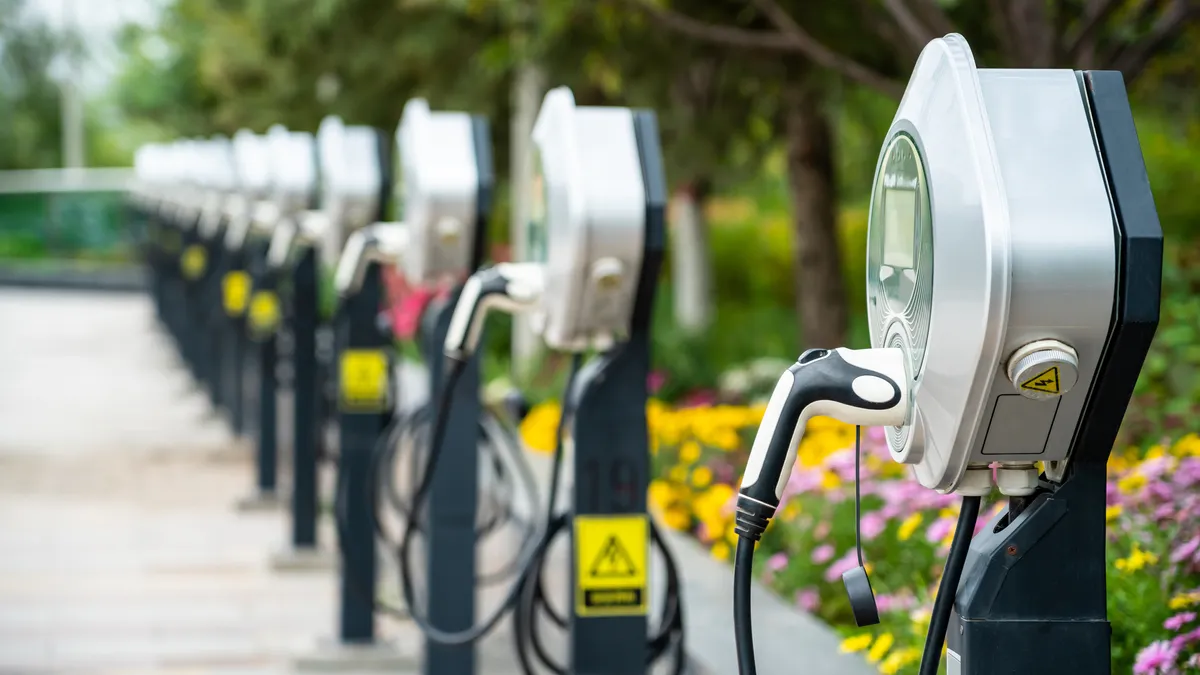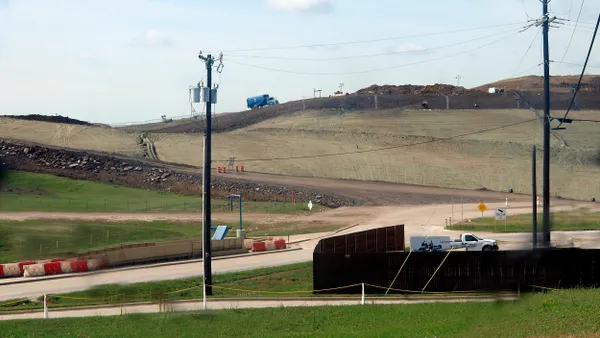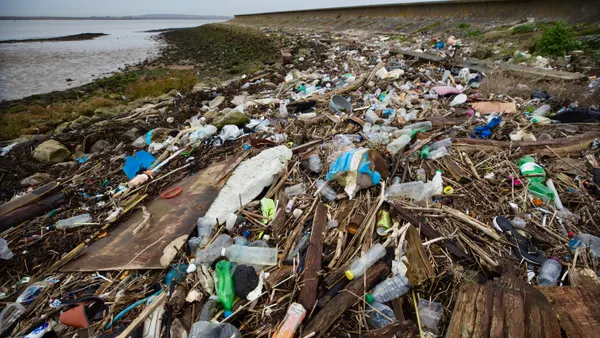Dive Brief:
- Though it was left out of the U.S. EPA’s final Renewable Fuel Standards update, trade groups and individual companies vowed to continue discussions with the agency about the eRINs program. If enacted, it would provide Renewable Identification Number credits, known as RINs, to suppliers of energy that can be used to fuel electric vehicles.
- Those groups include the RNG Coalition and the Waste-to-Energy Association, which count the support of a group of Democratic lawmakers who advocated for the industry's inclusion in the rule in a letter sent in May. WM and Covanta also said they were continuing their engagement.
- On Friday, Rep. John Garamendi (D-Calif.) said he would introduce a bill compelling EPA to enact the eRIN program in some form, Reuters reported. The agency had previously said it needed more time to analyze the comments it received on the proposal.
Dive Insight:
The eRIN program, as written in the EPA’s draft proposal in December, would have provided credits for renewable electricity systems beginning in 2024. In a statement, the RNG Coalition argued the agency “missed an opportunity” to implement the eRIN program while praising the biofuel credits it received in the newly released Renewable Fuel Standard.
“Good public policy would support promoting renewable electricity as part of the nation's transportation policy,” RNG Coalition CEO Johannes Escudero said in a statement. “Biofuels play a critical role in electricity generation for EV charging. By not including eRINs now, EPA is foregoing an aspect of the program that could have been an accelerator for methane capture and cleaner air.”
WM, which has estimated it could generate as much as $70 million in revenue through the eRIN program, also said in a statement that it would continue to work with EPA on implementing the eRIN program. The company had previously cited changes to the RFS program as a reason not to convert at least two landfill gas-to-electricity sites to RNG. It did not say whether that thinking had changed following the release of the RFS.
“Given EPA’s forecasted outpacing of demand over supply for both renewable electricity and renewable natural gas over the next several years, we believe WM’s renewable energy business, including recent renewable natural gas investments, continues to be well-positioned,” spokesperson Jennifer Moore said in an emailed statement.
But the program has elicited pushback on several fronts, ranging from jurisdictional questions to environmental justice concerns.
Republicans sent a letter to EPA in April urging the agency not to include eRINs in the final RFS rule, saying that the agency lacked the authority to create an entire new branch of the credit program without legislation. They also requested that EPA study the market impacts of implementing a new program, which would have the greatest impact on producers of cellulosic biofuels like the waste industry.
EPA’s proposal to allocate eRINs to light-duty EV manufacturers instead of energy producers also drew scrutiny. The producers could have shared in the value of such credits, as they can with third-party renewable natural gas manufacturers, but Republicans and some trade groups argued the Clean Air Act directs credits created through the RFS to fuel importers and manufacturers, not car manufacturers.
The agency also cited environmental justice concerns in its reasoning for delaying the eRIN program’s implementation in the final rule. Groups like the Sierra Club and Friends of the Earth had argued the program could prolong the nation’s reliance on methane gas to produce electricity and argued strongly against the inclusion of WTE facilities.
Nevertheless, Marilyn Lynch, executive director of the Waste-to-Energy Association, said in an emailed statement her organization was “encouraged” by the EPA’s decision to reevaluate the eRIN program before it’s finalized, arguing the industry “can help with the transition to electric vehicles while eliminating methane emissions and avoid fossil fuels.” Nicolle Robles, a spokesperson for WTE facility operator Covanta, also said the EPA’s decision potentially gives the agency more time to fold in the industry and “level the playing field” with landfilling.
Rep. Garamendi has previously supported implementation of the eRIN program as a means of generating revenue through the burning of woody biomass, pitching it as an incentive to clear brush for wildfire-prone areas in his home state. The bill, which he plans to reintroduce after first introducing it in 2021, would allow energy producers to receive the credits, not EV manufacturers.











